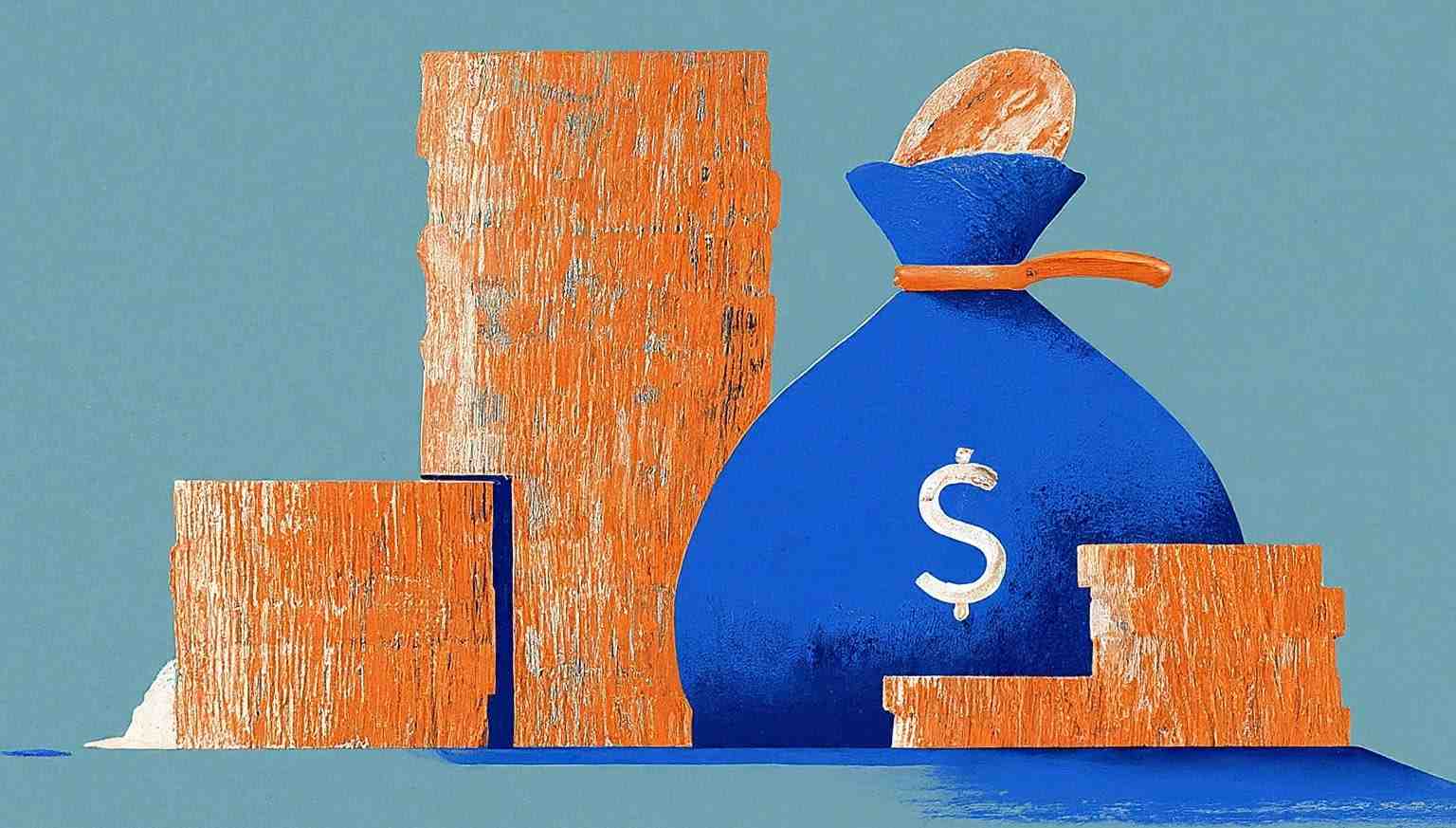Why You Need To Have Multiple Bank Accounts
Having just one account also puts all your...
March 31, 2024

Life is full of surprises, and not all of them are pleasant. An unexpected car repair, a sudden medical bill, or a job loss can quickly derail your financial stability. That’s where an emergency fund comes in.
Having a safety net of savings can provide peace of mind and help you weather life’s storms without resorting to debt.
In this article, we’ll share seven practical tips to help you build your emergency fund and secure your financial future.
The first step in building an emergency fund is deciding how much you need to save. A good rule of thumb is to aim for three to six months’ worth of living expenses.
This means adding up your essential monthly costs, such as rent, utilities, food, and insurance, and multiplying that amount by three to six. However, keep in mind that your ideal emergency fund size may vary based on your circumstances.
If you have a stable job and few dependents, you might be comfortable with a smaller fund. On the other hand, if you’re self-employed or have a large family, you may want to save more.
Building an emergency fund can seem daunting, especially if you’re starting from scratch. But don’t let that discourage you! The key is to start small and build gradually.
Begin by setting aside whatever you can afford, even if it’s just N10,000 a week. As you get more comfortable with saving, try to increase your contributions. One effective strategy is to set up automatic transfers from your salary account to your emergency fund each payday. This way, you’ll be saving consistently without having to think about it.
To free up more money for your emergency fund, take a close look at your monthly expenses and identify areas where you can cut back. Do you have subscriptions you rarely use? Could you eat out less often? Are there cheaper alternatives for your entertainment needs?
Small changes can add up quickly. For example, bringing your lunch to work instead of buying it could save you N10,000 a week or more. That’s N40,000 a month that could go straight into your emergency fund.
Throughout the year, you may receive unexpected windfalls, such as a tax refund, a bonus at work, or a gift from a relative. Instead of spending this “found money” on something frivolous, consider allocating it to your emergency fund.
These lump sums can give your savings a significant boost and help you reach your goal faster. Plus, you’ll be less tempted to spend the money if you have a clear plan for it.
When it comes to storing your emergency fund, you’ll want to choose an account that is safe, easily accessible, and offers some growth potential, ideally into an investment vehicle.
This typically offer better interest rates than traditional savings accounts, allowing your money to grow over time. Plus, you can easily withdraw funds when you need them without facing penalties. Just be sure to keep your emergency fund separate from your everyday account to avoid the temptation to spend it on non-emergencies.
As your financial situation changes, so should your emergency fund. Make a habit of reviewing your fund size periodically and adjusting it as needed. For example, if you get a raise at work, consider increasing your monthly contributions. Or, if you’ve recently tapped into your emergency fund to cover an unexpected expense, make a plan to replenish it as soon as possible.
Building an emergency fund takes discipline and patience. It’s essential to remember that this money is for true emergencies, like a medical crisis or a job loss, not for impulse purchases or luxury items.
However, it’s also important to be realistic. Building a substantial emergency fund won’t happen overnight, and that’s okay. Focus on making steady progress and celebrate your milestones along the way.
Building an emergency fund is a crucial step in securing your financial well-being. By following these seven tips, you can create a safety net that will help you weather life’s unexpected challenges without derailing your long-term financial goals.
Remember, start small, be consistent, and stay disciplined. With time and effort, you’ll have a robust emergency fund that provides peace of mind and financial stability.
Now that you know the importance of an emergency fund and how to build one, it’s time to take action. Start by setting your emergency fund goal and creating a plan to reach it.
If you found this article helpful, be sure to subscribe to our blog for more practical financial advice and tips.

Having just one account also puts all your...
Setting goals is one thing, sticking to them...
Savings can help you handle unexpected expenses, achieve...